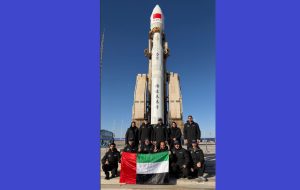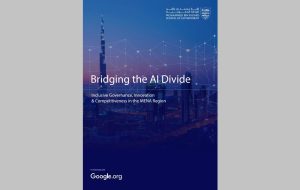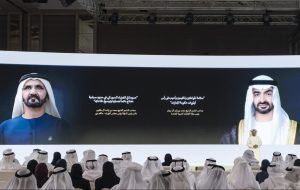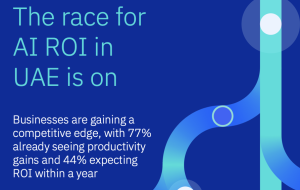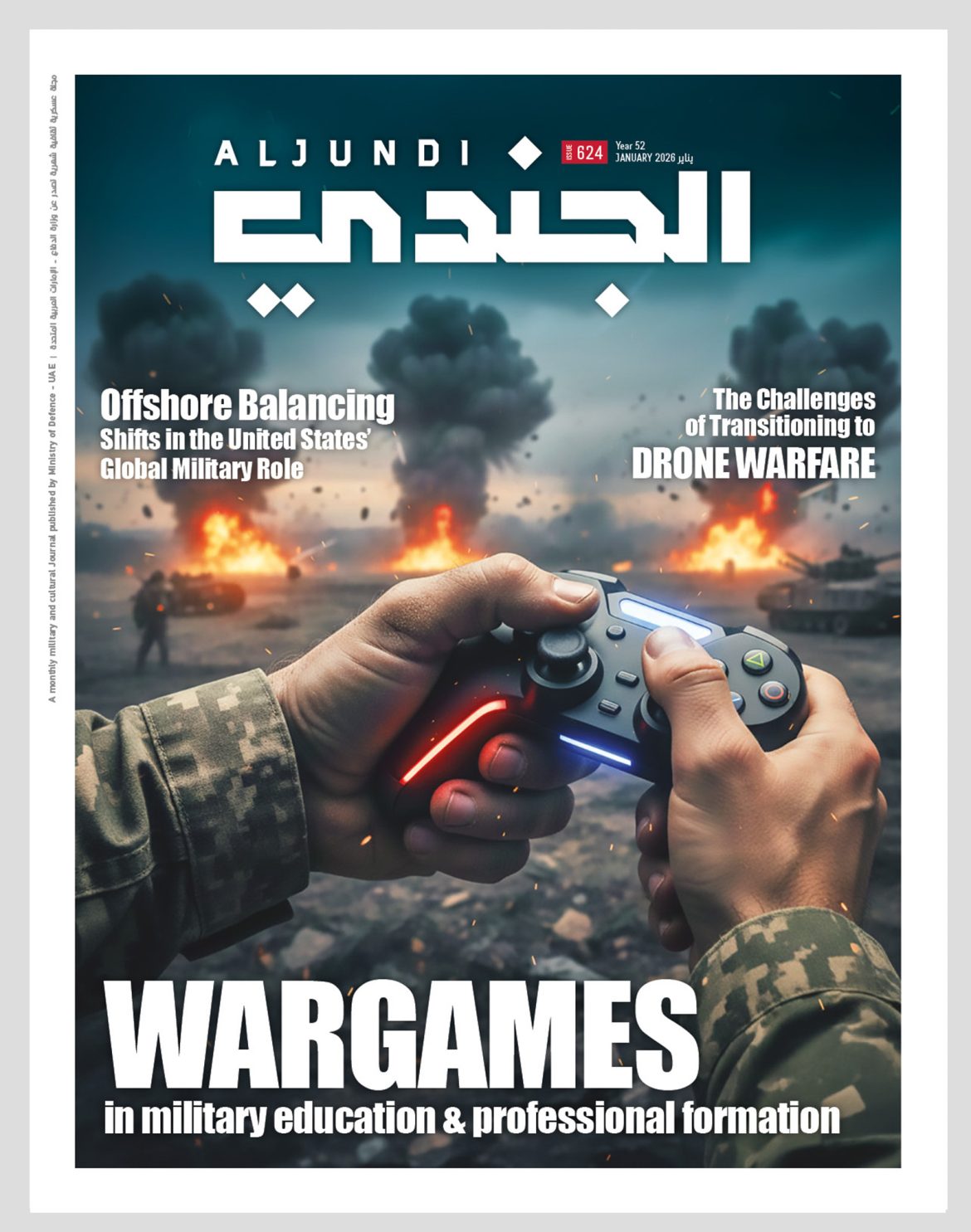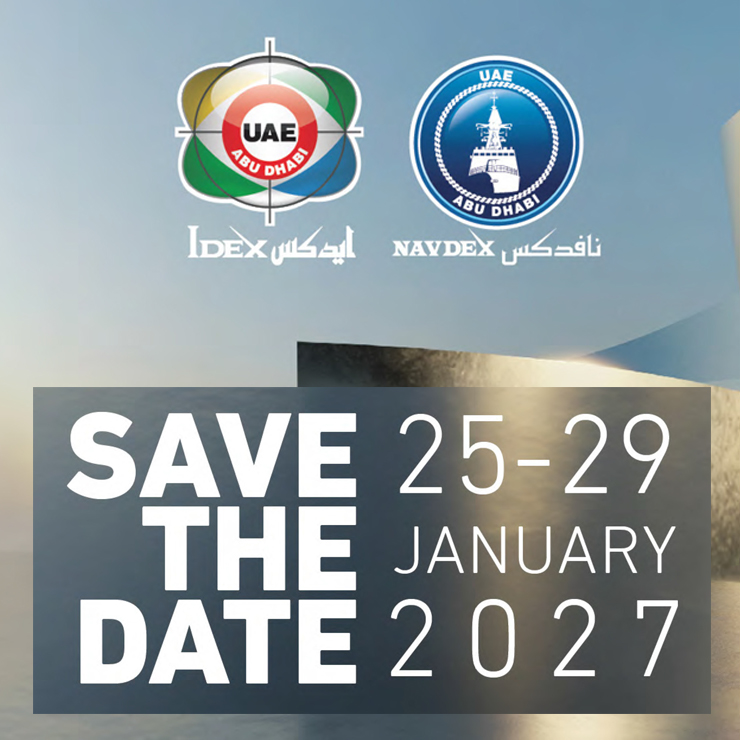The United Arab Emirates has presented a pioneering model in integrating artificial intelligence (AI) to enhance the global presence of the Arabic language, also known as the “Language of Ḍād.” Through a series of forward-looking initiatives, the country is embedding Arabic into the digital landscape while safeguarding its cultural and historical heritage, ensuring the language remains dynamic and relevant in the era of rapid technological advancement.
Several leading national institutions are spearheading projects that leverage AI across diverse fields, including publishing, education, lexicography, and creative content development.
Among the most notable achievements is the Historical Dictionary of the Arabic Language, a landmark project completed last year in Sharjah, the Arab Cultural Capital. This monumental work documents the evolution of Arabic across centuries. Building on this success, the emirate launched the GPT Historical Dictionary of Arabic, which uses cutting-edge AI tools to make the language more accessible worldwide. The platform provides researchers with access to more than 20 million Arabic words, while enabling text-to-video conversion, automated writing and reading support, and continuous updates through a collaboration between the Sharjah Arabic Language Academy and the Emirates Researchers Center for Studies and Research.
Meanwhile, the Mohammed bin Rashid Al Maktoum Knowledge Foundation continues to promote digital culture and knowledge at both regional and global levels. Its flagship initiative, the Digital Knowledge Hub, has become the Arab world’s largest digital content platform. By the end of last year, the Hub had amassed over 800,000 titles and 8.5 million digital resources, spanning 18 specialized libraries across academic, intellectual, and scientific fields.
The Abu Dhabi Arabic Language Centre, operating under the Department of Culture and Tourism, has also made significant strides in blending AI with Arabic learning and publishing. Among its projects is the Digital Meanings Dictionary, the first comprehensive Arabic–English lexicon powered by AI and computational linguistics. Containing more than 7,000 core entries from modern usage, the dictionary provides advanced features such as automated pronunciation, simplified definitions, contextual examples, and illustrative images. These features aim to support non-native learners in gaining a clear and practical understanding of Arabic.
The Centre has also launched the AI Audiobook Project, which transforms written texts into high-quality audio content using machine learning, as well as the Poetic AI Lab, a platform designed to support young poets, educators, and students by refining linguistic accuracy, rhythm, and metre in Arabic verse. In partnership with New York University Abu Dhabi and Zayed University, the Centre is developing the Balanced Arabic Readability Corpus (Bariq), which will compile 10 million words across a wide range of genres and subjects.
At the most recent Abu Dhabi International Book Fair, the Centre unveiled The Digital Square, a dedicated space for exploring AI-driven applications in publishing and literature.
In the academic sphere, universities across the UAE are also integrating AI to modernize Arabic education. Zayed University has launched Zai, a digital platform designed to provide innovative teaching resources and tools for Arabic instructors, students, and researchers. Similarly, the Mohammed bin Zayed University of Artificial Intelligence partnered in the development of Jais, the world’s most advanced Arabic large language model. The launch of Jais marks a breakthrough in generative AI, enabling more than 400 million Arabic speakers worldwide to harness the power of next-generation language technologies.



